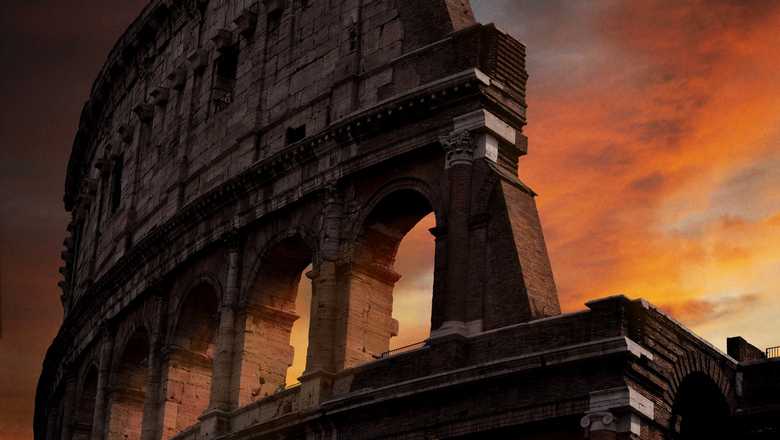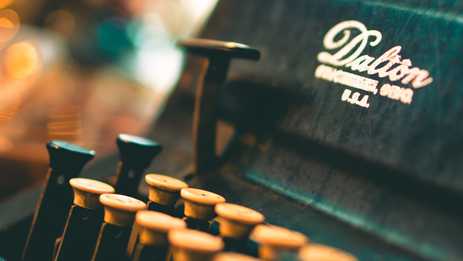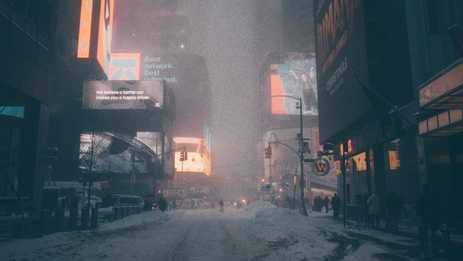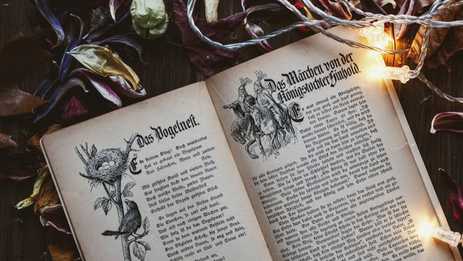Do you spend large chunks of time wondering what the world would have been like if the Roman Empire had never ended or if you’d been born in North Korea?
Like many distinguished writers of speculative fiction, you clearly have a natural affinity for alternative history or alternative reality.
Here are some ideas to help you develop your affinity into a gripping manuscript.
What is alternative history and alternative reality?
As the name suggests, alternative history is a literary genre in which authors get to rewrite the events of the past. In alternative reality, the present, the never-was and the future are the subject of speculation.
The two strands are distinct (more on this shortly), but both share some common ingredients. Science fiction fan writer Steven H Silver has identified these as:
- A point of departure from recorded or real-world events
- The course of history – and possibly reality – being changed by the point of departure
- An exploration of the consequences of the above changes
How alternative history and alternative reality differ
This is a useful distinction to grasp, and one which was muddled in my own brain for a long time.
In the satirical Rule Britannia by Daphne DuMaurier, the United States colonises the United Kingdom after years of hardship following a failed economic union with Europe. On first glance, this seems like a work of alternative history, but it’s actually one of alternative reality.
Why? Back in 1972, DuMaurier was writing about a point of historical departure which was then entirely speculative. If she’d been writing now, post-Brexit, I’d have been quite right to think of Rule Britannia as a work of alternative history.
When you write alternative reality, you’re completely free to make up any scenario you like. But when you write alternative history, you take recorded events as your reference point.
A word about counterfactual history and secret history
Start to research alternative history, and you’ll very soon happen upon the concept of counterfactual history. This is a form of speculation used by some historians to cast new light on established historical events, such as the debate about what could have happened if Britain hadn’t entered the First World War.
Counterfactual history is a controversial practice among historians, but speculative fiction fans know how irresistible it can be. And I mention it here because it’s a great source of inspiration for the writer of alternative history.
Whereas the term ‘counterfactual history’ applies only to ‘real’ history, secret history can be applied to fiction and non-fiction alike. Secret history is all about rewriting the backstory behind actual or fictional events.
As a literary technique, it differs from alternative history in that the course of history isn’t changed at all. In Paul Levinson’s novel The Plot to Save Socrates, several aspects of ancient history are given a speculative fiction twist, but events unfold just as before.
Handling the point of historical departure
The point of departure from documented events is the kernel of your alternative history work, but making it plausible can be tricky.
- A bold approach is to take a tip from magical realism and withhold any explanation of how your alternative events came to be. In the hilarious Look Who’s Back by Timur Vermes, Adolf Hitler regains consciousness in the same place he was supposed to have died, but in the twenty-first century. Readers never learn (and the book’s characters never question) how this might have happened.
- Another way of establishing your point of departure is to look for key historical tipping points, which is where counterfactual history can help. Philip K Dick opted for this approach to explain the Second World War victory of the Axis powers in The Man in the High Castle. In this story, the assassination of President Roosevelt leads to the partition of the US between Imperial Japan and Nazi Germany.
- Science and technology can be useful, too, especially if you’re writing science fiction. Writers as diverse as Terry Pratchett and Greg Egan have explored alternative realities through the multiverse hypothesis. In a nutshell, this theory implies that anything that can happen, is happening.
- And of course, there’s always magic. Philip Pullman’s Will Parry finds his way to an alternative Oxford through a portal in the fabric of reality in The Subtle Knife. And although Neil Gaiman wasn’t the first to use the device of a hidden door as the way to another reality, his children’s book Coraline breathes new life into it.
Writing alternative history and alternative reality novels
When it comes to writing your own alternative history or alternative reality, keep the above points in mind. Make sure you have a thoroughly researched knowledge of the history or reality you’re changing (so readers aren’t distracted by inaccuracies in the things you haven’t changed), and whatever you do, avoid info-dumps – weave your novel’s context into the story as seamlessly as you would in any genre.





